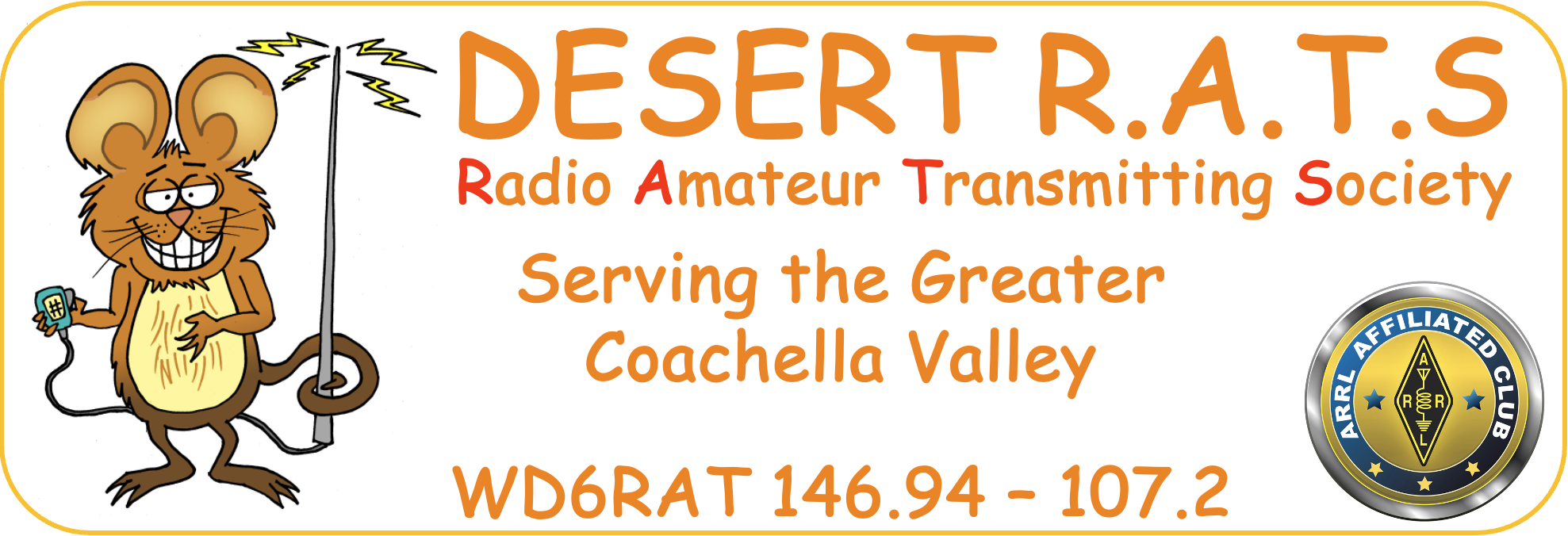The other evening I was soldering a terminal lug to a piece of 4 gauge wire, and noticed that the solder was not flowing as smoothly as it should. I will tell you at the outset that soldering a terminal to the end of a wire (coaxial cable or any other type of wire) is not the best way to make a connection. In fact, a crimped connection actually provides a better electrical connection than a soldered one! Soldering lug terminals and coaxial cable connectors is just an old habit that I got in to, simply because as a youth, I just never got around to buying a decent crimp tool. Thus, to this day, I fell in to the habit of soldering all my connectors. Then too, in the “good old days”, there was no such thing as a crimp connector. Everything had to be soldered!
But I digress…….
The point of my story is simply that, after thinking I had successfully attached my crimp terminal to the end of my 4 gauge wire, I tugged on the terminal to make certain that it was secure. To my surprise, the terminal slipped right off the wire. I hadn’t made a connection at all! Was it faulty soldering, or was there another reason that the terminal wasn’t actually connected to the wire?
I looked carefully at the end of the wire, after cutting it off again cleanly. Lo and behold, the center of the wire was bright and shiny, much like tinned copper should be. The outside of the wire looked like, and indeed was, copper! What’s going on here? I then reviewed the specifications that the supplier provided with the cable that I bought and sure enough, the cable I used was 4 gauge. But, hidden in a list of specifications about the number of stranded conductors, its thickness, and the type of insulation used, was the line: “4 gauge CCA”. What in the world is “CCA?”
CCA means “Copper Clad Aluminum”, which is the subject of my next article. You’ll be shocked when you read it. The use of CCA wire could very well be the reason for the failure of your equipment to operate properly, especially in meeting the manufacturer’s specifications for power output of your transmitter. This is true whether your equipment is in your vehicle or your shack at home.
Stay tuned for my next article in our November Newsletter, where we’ll learn how the use of CCA wire, commonly available everywhere, could adversely affect your equipment and possibly create a hazard, when used in place of pure copper wire.
Rick K6VE
![]()
